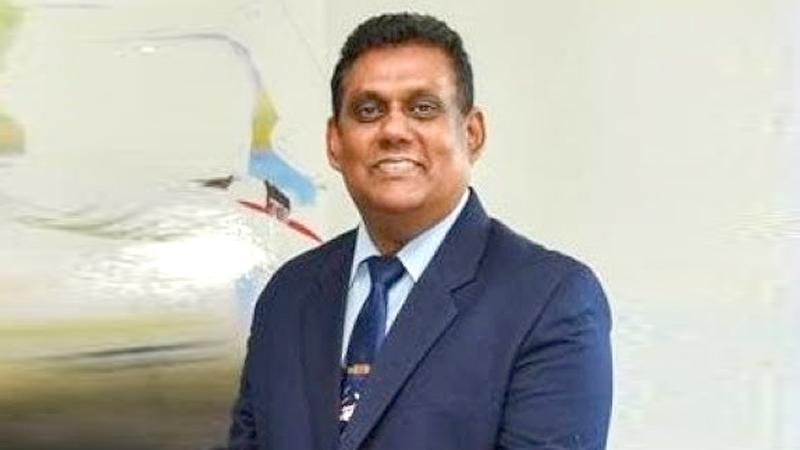
The current foreign currency shortage will be short-lived as the country and the rest of the world emerge from the present health crisis that has been a drag on domestic and global economic growth, said Senior Professor of Business Economics, University of Colombo, H.D. Karunaratne.
Global recovery will pave the way for a gradual re-bound of foreign employment and tourism, two key sectors of the country’s economic cog. Foreign employment recruitment and tourist arrivals will resume as the country gets back to pre pandemic levels, Prof. Karunaratne said.
The twin attacks - the Easter Sunday attacks and the pandemic were a double whammy for the economy that had been on a sluggish trajectory in the preceding years. The economy recorded minus growth in 2020 having taken a strong hit from the global pandemic that stifled all economic activities throughout the year.
There will be no speculation of food shortages in the country that drove import demand for consumer goods such as milk powder, rice, sugar and flour which is a common scenario during a crisis, Prof. Karunaratne said.
Sri Lanka’s trade deficit had widened despite the ban on imports of non essential commodities in the year up to October.
The cumulative deficit during the first seven months widened to USD 4.922 billion from USD 3.471 billion over the corresponding period in 2020. Net foreign reserves of the country slumped to US $ 2 billion as at end September from US $ 5.2 billion at the beginning of the year. The drastic decline from USD 3.5 billion at end June to USD 2 billion in September was in spite of the infusion of USD 870 million from the Special Drawing Rights from the International Monetary Fund and USD 250 million currency swap from Bangladesh. However, Prof. Karunaratne said that an uptick in the number of visitors to the country in recent months and opening up of borders for travelers by certain countries is a silver lining for a quick recovery of the economy, According to Tourism Minister Prasanna Rantunga, around 9,545 tourists had visited the country last week. The minister expressed optimism of a speedy re-bounce of the sector that is capable of making a salient contribution to revival of the economy. Similarly foreign direct investments too will pick up as the global economy comes out from the crisis. However, he noted clarity and consistency in policy and a conducive business environment that supports investments is a must to attract investors.
A one-stop shop with minimum paperwork to cut short on time and no bureaucratic delays are crucial to drive foreign investments that would help boost the much needed foreign currency in the country, Prof. Karunaratne said. Sri Lanka missed on many golden opportunities to be a destination for manufacturing and technological innovation and today remains behind many regional peers who have grown leaps and bounds. Sharing the same sentiments going forward Prof. Karunaratne said managing foreign debt and bringing fiscal discipline is paramount to infuse stability and growth in the country.
